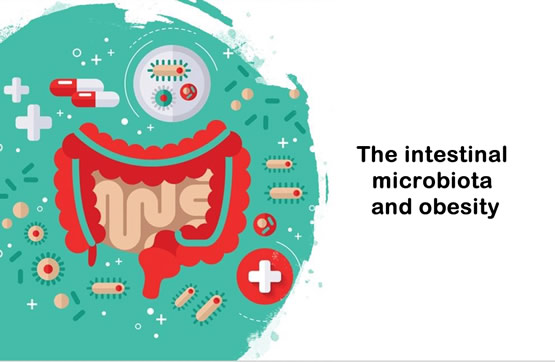Obesity and the gut microbiota

Obesity was addressed in several health initiatives, such as Healthy People 2010, without a condition meeting the suggested goal of an incidence of obesity 15% of their adult population. By comparison, obesity levels have continued to grow, with all the self-reported incidence of obesity among adults raising by 1.1percent from 2007 into the current. Really, because 2009, 33 states reported obesity prevalences of 25 percent or more with just 1 condition reporting incidence < 20 percent. There have been numerous approaches for treating obesity, such as fad diets, incentive-based exercise programs, and gastric bypass operation; none of that were best. In a murine model, it had been shown that most the intestinal microbiome is made up of two bacterial phyla, the Bacteroidetes and the Firmicutes, which the relative abundance of both of these phyla differs among obese and lean mice; the fat mouse had a greater percentage of Firmicutes into Bacteroidetes (50% greater) compared to lean mouse. The very same results were valued in obese people in comparison with lean subjects. The postulated explanation for this finding is that Firmicutes generate more complete metabolism of a certain energy supply than do Bacteroidetes, thus promoting more effective absorption of carbs and subsequent weight gain. Researchers could show that colonizing senile mice together using an intestinal microbiome from heavy mice resulted in an increased overall body fat from the recipient mice despite a lack of change in diet. The converse, that, colonizing morbidly obese mice together with the intestinal microbiome of lean mice resulting in a diminished total body fat from the rats, hasn’t yet been completed. Other potential mechanisms where the intestinal microbiome affects host obesity include induction of low-grade inflammation together with lipopolysaccharide, regulation of host genes responsible for energy expenditure and memory, and hormonal communication involving the intestinal microbiome along with the host. This review discusses how the microbiome-obesity connection and suggested mechanisms where the intestinal microbiota is hypothesized to affect weight gain.
Complete Article: https://pubmed.ncbi.nlm.nih.gov/22064556/